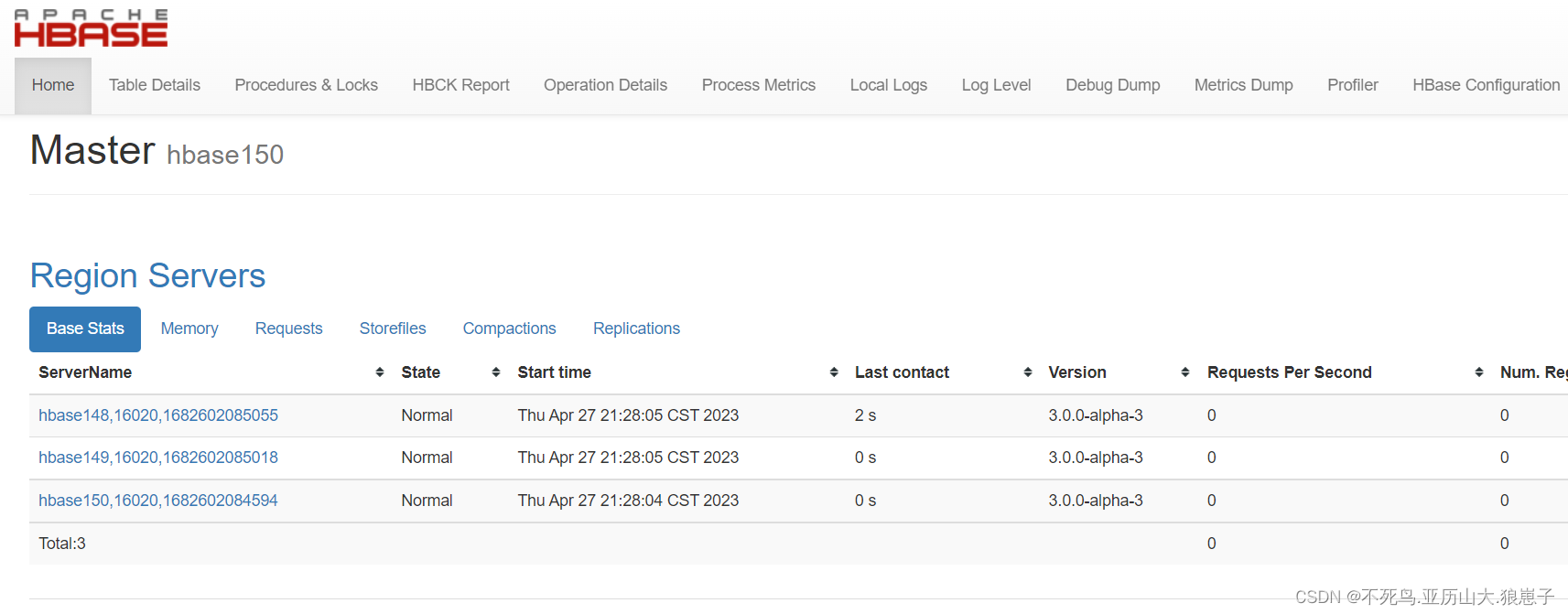网络爬虫的一般步骤如下:
1、确定爬取目标:确定需要爬取的数据类型和来源网站。
2、制定爬取策略:确定爬取哪些网页、如何爬取和频率等。
3、构建爬虫程序:使用编程语言(如Python)实现爬虫程序,通过HTTP请求获取网页内容,并进行解析和处理。
4、数据存储:将爬取到的数据存储到数据库或文件中,便于后续处理和分析。
5、处理异常情况:处理因网络故障、网页解析错误等原因导致的异常情况。
6、遵守规则:遵守网络爬虫的相关规定,如robots协议、网站的访问频率限制等。
7、定期更新:定期更新爬虫程序,以适应网站的变化和更新。

一、准备工作
1、获取网页
需要用到requests库,最常用得是get()方法
import requests
link = 'https://网址xxxxx/'
response = requests.get(link)
这样就获取了网页,想要进一步查看网页,需要用到text属性
print(response.text)`
2、解析网页(也就是找到想要的信息)
需要用到bs4库
from bs4 import BeautifulSoup
soup = BeautifulSoup(response.text,'html.parser')
找到对应标签需要用到find_all方法
soup = BeautifulSoup(response.text,'html.parser').find_all(name='div',class_="top-ok")
3、保存信息
with open('book.txt','a+') as f:f.write(m.text+'\n')
二、爬虫程序最小框架
结合上面所说,爬虫最小框架得代码为:
import requests
from bs4 import BeautifulSoup
# 获取网页
link = 'https://网址xxxxx/'
response = requests.get(link)
# 解析网页
soup = BeautifulSoup(response.text,'html.parser').find_all(name='div',class_="top-ok")
# 保存信息
with open('book.txt','a+') as f:f.write(m.text+'\n')
三、额外说明
为了顺利爬取网站信息,有几个必备技能一定要了解。
1、headers
为了对付“反爬虫”,我们需要让程序觉得是人在操作,最基本得方法是设置headers
headers = {'User-Agent': 'xxx此处换为自己的信息xxxx'}
link = 'https://网址xxxxx/'
response = requests.get(link ,headers = headers)
2、编码方式设定
有时候爬取下来得信息会出现乱码,这时候需要通过设置编码解决。常见得编码方式为UTF-8、GBK
response = requests.get(link ,headers = headers)
response.encoding = 'UTF-8'
所以我们得爬虫最小框架进化成了下面得形式
import requests
from bs4 import BeautifulSoup
# 获取网页
headers = {'User-Agent': 'xxx此处换为自己的信息xxxx'}
link = 'https://网址xxxxx/'
response = requests.get(link ,headers = headers)
response.encoding = "UTF-8"
# 解析网页
soup = BeautifulSoup(response.text,'html.parser').find_all(name='div',class_="top-ok")
# 保存信息
with open('book.txt','a+') as f:f.write(m.text+'\n')
四、举例
举例子。此处需要把headers设置成自己得才能正常运行。
import requests
from bs4 import BeautifulSoup
headers = {'User-Agent': 'xxx此处换为自己的信息xxxx'}
link = 'http://jshk.com.cn/'
response = requests.get(link ,headers = headers)
response.encoding = 'UTF-8'
print(response.text)
soup = BeautifulSoup(response.text,'html.parser').find_all(name='div',class_="top-ok")
for n in soup:n = n.find_all(name='a')for m in n:with open('book.txt','a+') as f:f.write(m.text+'\n')





